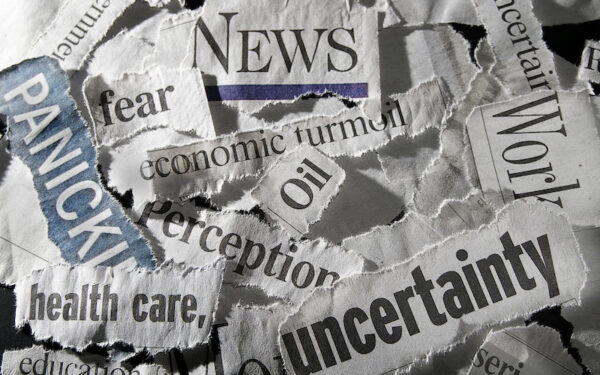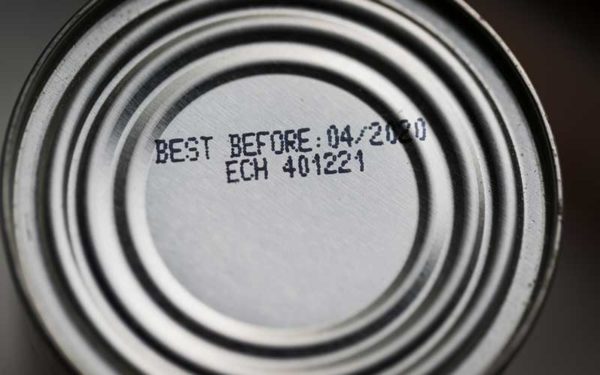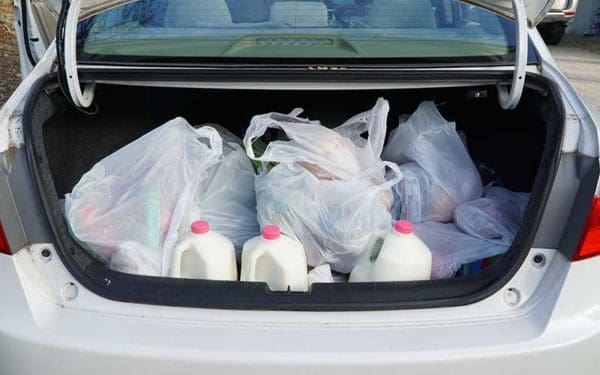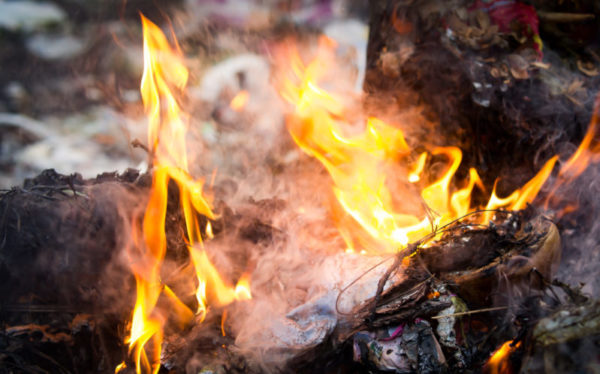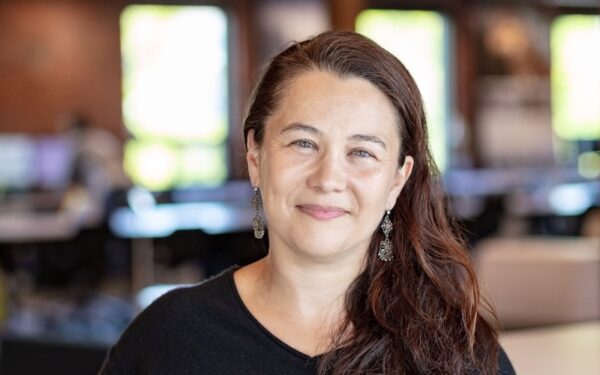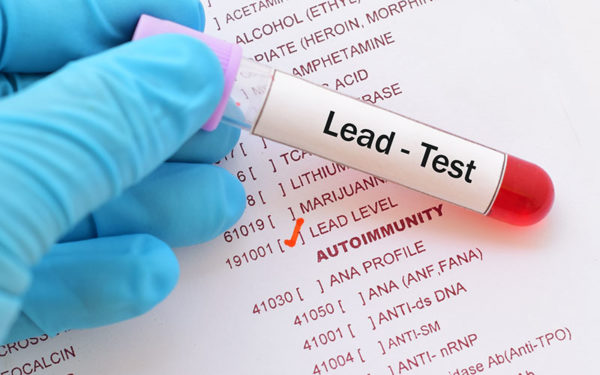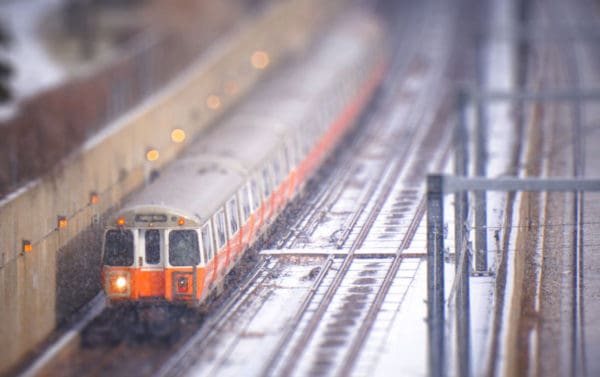Feb 27, 2025
The Trump administration is working to roll back environmental justice protections like Justice40 and Title VI – but can they really do that? Undoing these policies won’t be easy, but their strategy goes beyond legal challenges. Learn how communities can fight back against these attacks on clean air, safe water, and environmental equity.
Feb 14, 2025
Highways have cut Allston off for decades, limiting how people move and connect. The Allston Multimodal Project is a chance to fix that—if we push MassDOT to prioritize people, not just cars. Here’s how we can make it work for everyone.
Feb 12, 2025
You’re not alone in feeling exhausted and overwhelmed. It’s time to breathe, recenter, and direct our focus.
Feb 07, 2025
We have a food waste problem. Each year, the U.S. trashes about 125 to 160 billion pounds of food. And while several factors play into our increasing wastefulness, the good news is, we have readily available solutions at hand.
Feb 07, 2025
Several studies have emerged challenging the effectiveness of plastic bag bans. These studies and their coverage in the media are causing some confusion among consumers and legislators. We want to set the record straight, as studies critiquing plastic bag bans don’t account for the broader scope of plastics.
Feb 07, 2025
Incinerator companies have done a great job green-washing their true impacts on communities by implying that so-called “waste-to-incineration” facilities are good neighbors offering a safe process that eliminates waste, allows for robust recycling programs, and generates renewable energy. Nothing could be further from the truth. The reality is burning waste harms the health, environment, and economy of many communities. The perceived benefits simply aren’t worth the risk.
Feb 04, 2025
Reduced fares transform communities by improving access to jobs, healthcare, and culture while cutting costs for families. But what other benefits could we unlock for everyone by making transit more affordable?
Jan 29, 2025
According to Zeyneb Magavi, geothermal energy is a grand opportunity to shift into a new clean energy age, tackling climate change and lowering energy costs all at the same time.
Jan 27, 2025
A New Hampshire state report rings alarms for the lead poisoning crisis, with 1,142 children poisoned by lead in 2023. This is the highest number of children poisoned since the state began requiring blood lead testing for one- and two-year-olds.
Jan 14, 2025
Any long term solution requires the Governor and Legislature to explore new revenue sources for a transportation system that will build stronger, healthier, and better-connected communities for all.


